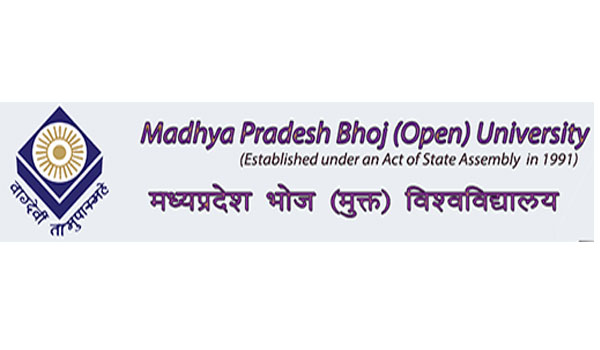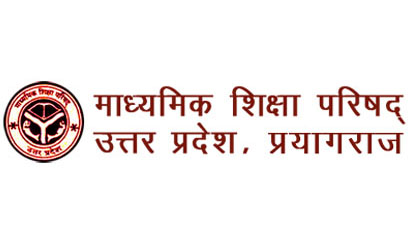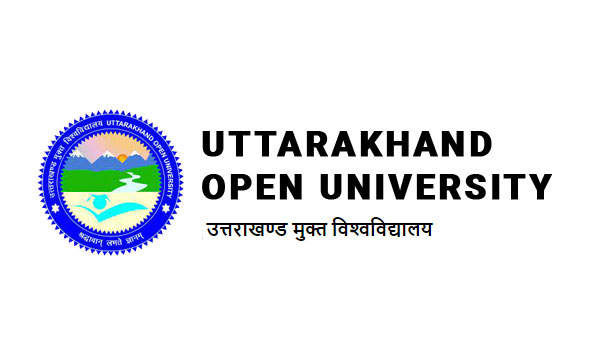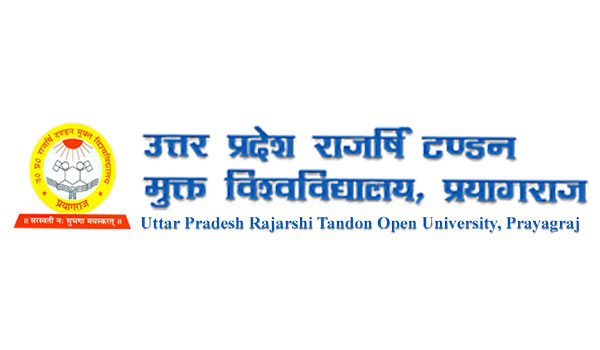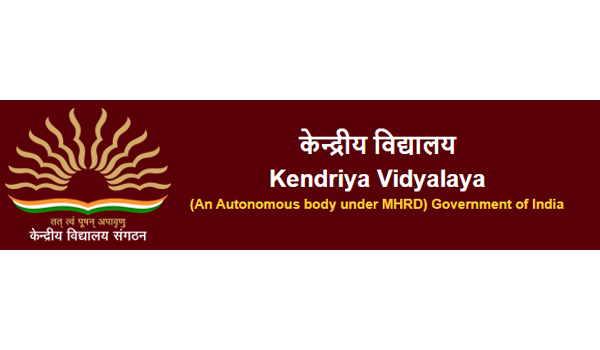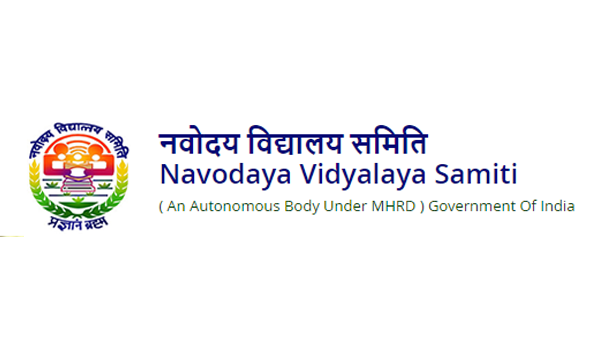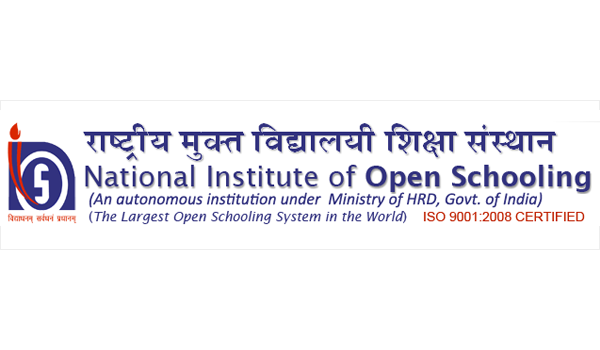
CSIR-NIScPR came into existence on 14th January 2021 with Dr Harsh Vardhan, then the Hon'ble Minister of Science & Technology and Earth Sciences, announcing the merger of two internationally acclaimed CSIR Institutions namely CSIR-National Institute of Science Communication and Information Resources (CSIR-NISCAIR) and National Institute of Science, Technology and Development Studies (CSIR-NISTADS). Since then, CSIR-NIScPR has been able to direct its activities towards becoming a globally respected institution in the domain of science policy research and science communication, using the rich legacy spanning several decades and robust inherent capabilities of erstwhile institutions. Through its efforts the new institution has taken big strides to promote Science, Technology & Innovation (ST&I) policy studies and science communication among diverse stakeholders and act as a bridge at the interface of science, technology, industry and society.
One of the pressing issues of India is that young students are not attracted to opt science as a career, and therefore, there is a strong need to address this issue. In pursuit of a solution in policy advocacy, CSIR-NIScPR has initiated Knowledge and Awareness Mapping Platform (KAMP) in association with M/S Nysa Communications Pvt. Ltd - a pioneer in consultancy in ICT, Students assessments and examinations management. The main objective of KAMP is to map the Science Process Skills & Scientific Attitudes of young students based on their assessment and nurture them as future scientists of the country. It believes every student is blessed with a core talent and aims to bring out the best in them through this platform. It aims to inculcate critical thinking ability and fill in the gap that will identified through the knowledge assessment level. Ultimately, KAMP will draft the policies that can be implemented by the Government for building the scientific temperament among students.


Prof. Ranjana Aggarwal, Director- CSIR-NIScPR
